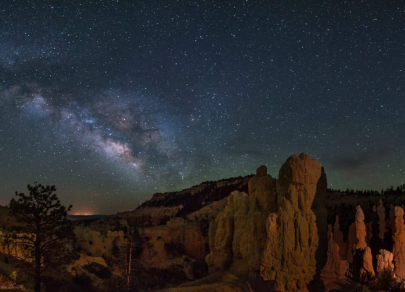
Top 5 locations for stargazing
Astrotourism is becoming more popular every year. People are willing to travel thousands of kilometers to admire the stars. But which places on Earth are considered the best for this? Let's find out now!



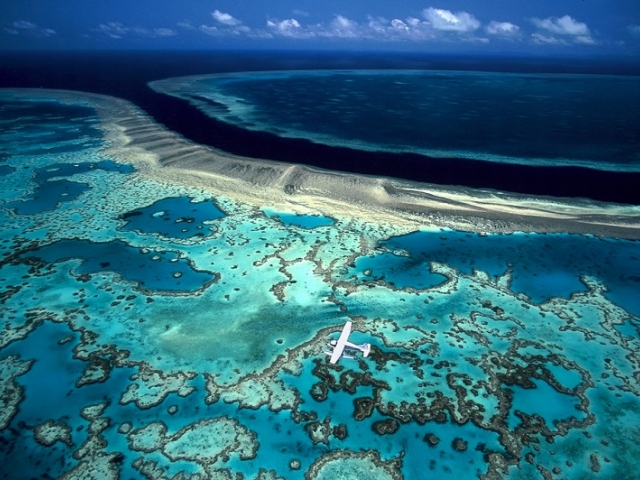
Scientists studying the world's largest coral reef system noted that around 70% of its corals died in last 8 months. This is unprecedented. Experts link the reef destruction to global warming, which is partially blamed on people. Water temperature in the Grand Reef area increased one degree in comparison with the previous year.
Photo: the Great Barrier Reef from a bird's eye view
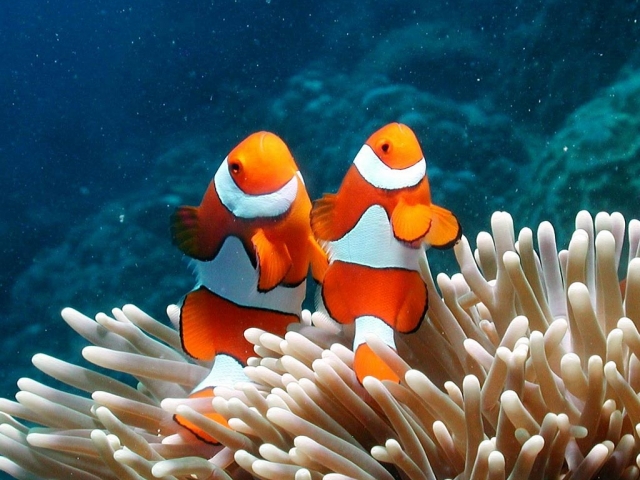
The northern part of the reef, in which 67% of corals got bleached, runs for 700 kilometers. The southern part is more resilient to temperature fluctuations as cold waters from the Coral Sea come into the reef area.
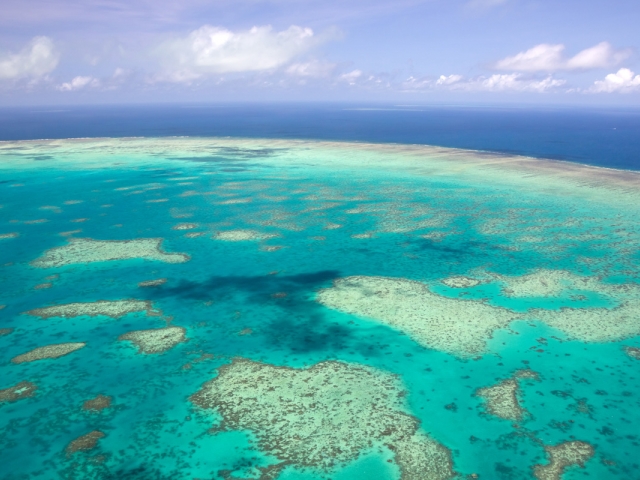
The Great Barrier Reef was labeled one of the seven natural wonders of the world by CNN. It is also a UNESCO World Heritage Site.
The reef makes 70,000 people employed - in the touristic sphere mainly - and brings this sector $5 billion in income annually.
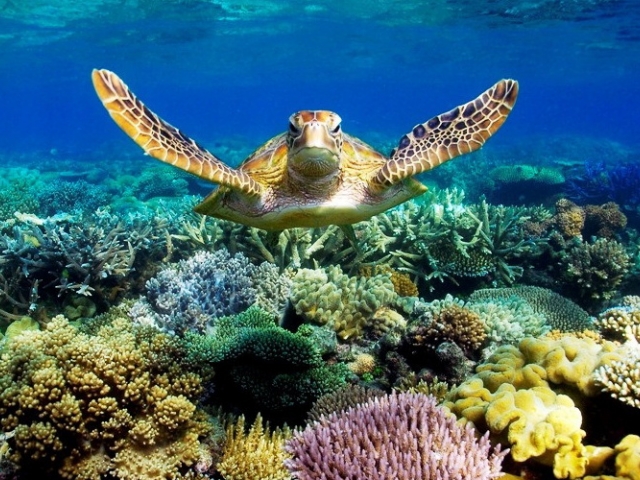
Coral bleaches when the water it is in is too warm for too long. The coral polyps get stressed and spit out the colorful algae that live inside them.
Experts suppose that it could take the northern part of the Grand Barrier Reef around 15 years to recover.
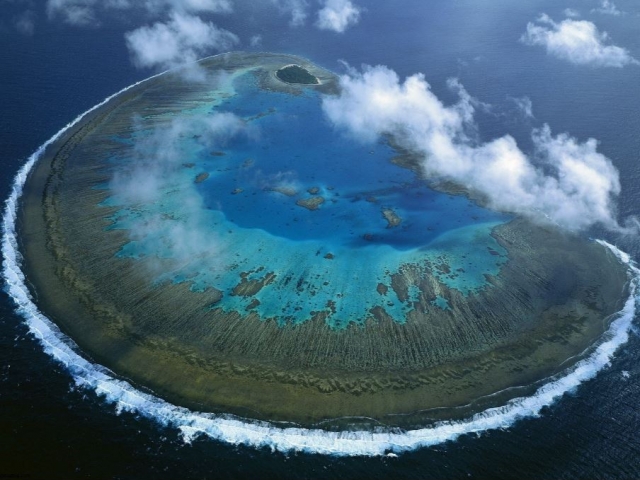
If coral bleaching amid global warming continues, it will be the largest extinction in history.

Astrotourism is becoming more popular every year. People are willing to travel thousands of kilometers to admire the stars. But which places on Earth are considered the best for this? Let's find out now!